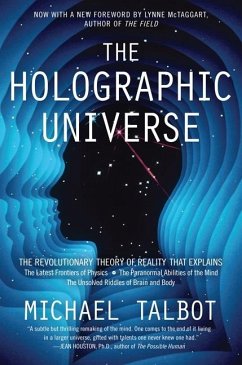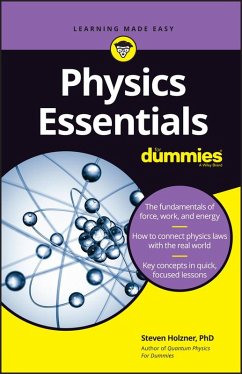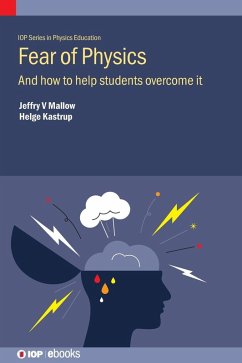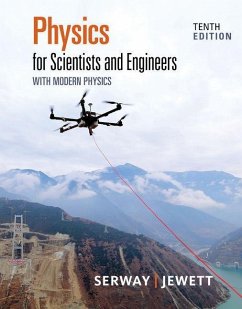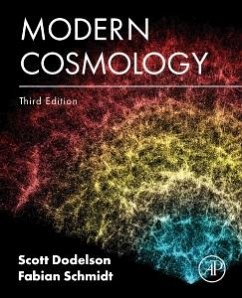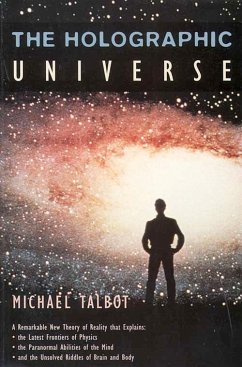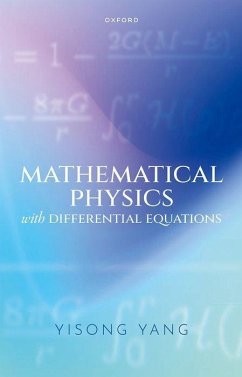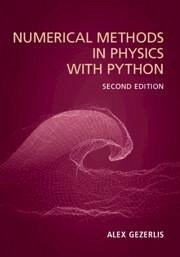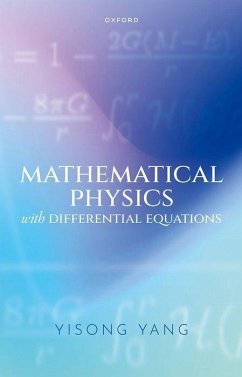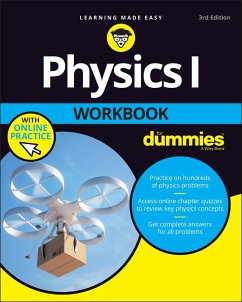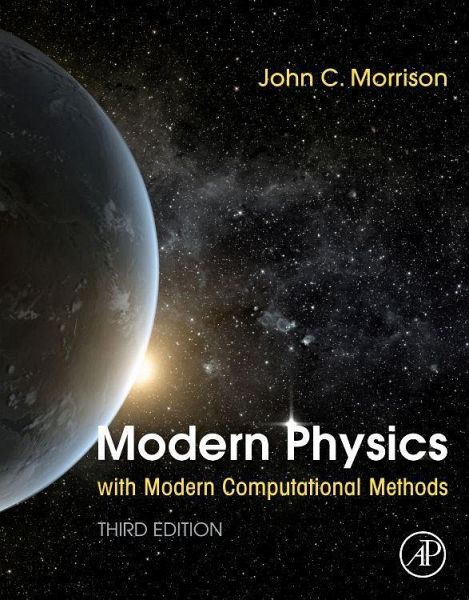
Modern Physics with Modern Computational Methods

PAYBACK Punkte
64 °P sammeln!
Modern Physics with Modern Computational Methods, Third Edition presents the ideas that have shaped modern physics and provides an introduction to current research in the different fields of physics. Intended as the text for a first course in modern physics following an introductory course in physics with calculus, the book begins with a brief and focused account of experiments that led to the formulation of the new quantum theory, while ensuing chapters go more deeply into the underlying physics. In this new edition, the differential equations that arise are converted into sets of linear equa...
Modern Physics with Modern Computational Methods, Third Edition presents the ideas that have shaped modern physics and provides an introduction to current research in the different fields of physics. Intended as the text for a first course in modern physics following an introductory course in physics with calculus, the book begins with a brief and focused account of experiments that led to the formulation of the new quantum theory, while ensuing chapters go more deeply into the underlying physics. In this new edition, the differential equations that arise are converted into sets of linear equation or matrix equations by making a finite difference approximation of the derivatives or by using the spline collocation method. MATLAB programs are described for solving the eigenvalue equations for a particle in a finite well and the simple harmonic oscillator and for solving the radial equation for hydrogen. The lowest-lying solutions of these problems are plotted using MATLAB and the physical significance of these solutions are discussed. Each of the later chapters conclude with a description of modern developments.




